The Trump Train tells me that if you’re a conservative, patriotic American, then you need to support the police as they risk their lives to enforce the law against hoodlums.
I think American history shows there’s more to it than that, though.

Boston Massacre by Paul Revere
By March 5, 1770 it was a tense time in America. The UK Parliament was attempting another round of aggressive taxation. In fact, the Townshend Acts currently being attempted were even worse than the previous Stamp Act, because the Townshend Acts were specifically designed to enrich Britain at the expense of America. American response came in the form of letters, protests, and smuggling. But the local royal Customs officer was afraid. Charles Paxton wrote for help complaining that “the Government is as much in the hands of the people as it was in the time of the Stamp Act.” Britain responded by sending troops.
If this doesn’t remind you of the situation in New York, where Eric Garner was participating in smuggling of overly-taxed cigarettes, and facing a violent response, then I don’t know what country you’re even from.
Americans naturally were appalled at the presence of British troops, whose presence was meant solely to intimidate them, and to take power from the people, back to the crown. They responded with constant verbal harassment. Insulting, taunting, and being a disrespectful as possible was the order of the day in Boston. So on March 5, young Edward Garrick taunted a British officer, saying he didn’t pay his bill to the baker. The officer ignored it, but one of his Privates, a man by the name of White, stepped out for a fight.
White demanded that Garrick show some respect to the authorities. Garrick insulted White, White replied in kind, and eventually White struck Garrick on the side of the head by the butt of his weapon. This attack drew response from others, who came to White to argue.
A crowd grew into the dozens, augmented by church bells ringing to draw attention. One of the leaders was Crispus Attucks, a runaway slave. The taunts grew, and began to include thrown objects. Everyone with a brain was warning the British leadership to keep their men from firing, because that could not end well.
If only anyone were telling today’s law enforcement to put a premium on not firing.
The crowd was putting enormous psychological pressure on the troops though. Shouting “fire,” throwing snowballs, bringing weapons. Eventually one object hit one Private Montgomery, who dropped his weapon. He picked it up, cursed, and fired against orders. An unknown time after (reports suggest the delay may have been two seconds, or over a hundred), the other Privates joined in, again against orders and without any discipline, firing at the crowd. A few in the crowd fired back.
Eleven men were hit, five were killed: Crispus Attucks, James Caldwell, Patrick Carr, Samuel Gray, and Samuel Maverick. The crowd at this point wanted blood, but dispersed only when colonial Governor Thomas Hutchinson promised an investigation.
The next day, Captain Preston and eight of his soldiers were arrested. Three weeks later, the nine, along with four of the crowd who fired back, were all indicted for murder. The governor sought to delay the trials to let things cool off. Preston was found not guilty because he did not order his men to fire. Defended by John Adams, six of the troops were acquitted. Two others were found guilty of manslaughter. All of the colonials were acquitted.
If only US government courts would even attempt to convict police who murder.
Despite the efforts of the Governor and the prosecutors, who saw that justice was done in this case, anti-British activists would use this incident to inflame anger for years to come. Samuel Adams named March 5 “Massacre Day”. The people did not forget that the arms of their own leaders were turned on them. The result was the American Revolution.
Here in America, today, we’re usually not even bothering to indict cops who kill. When we indict them, we fail to convict them. What will we do to stop American police from sparking a revolution in this country, when we can’t even bother to do what the hated British at least did, when their troops broke the law?

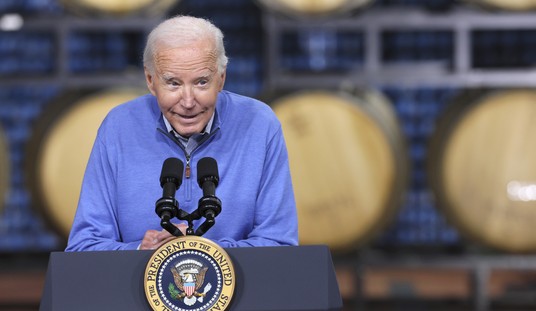


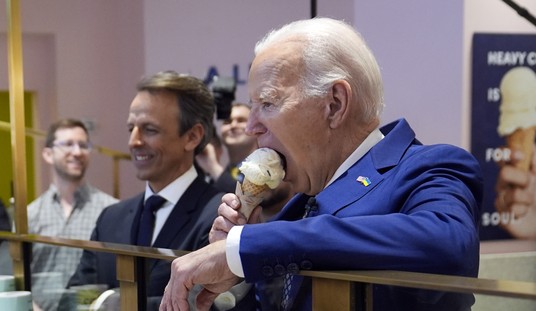
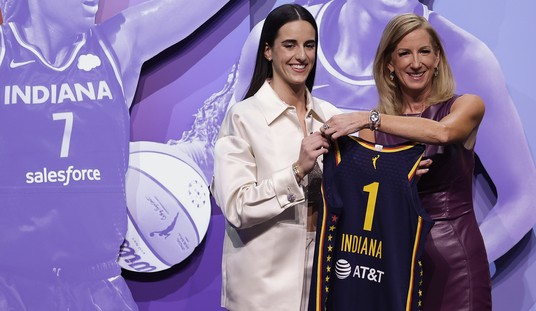

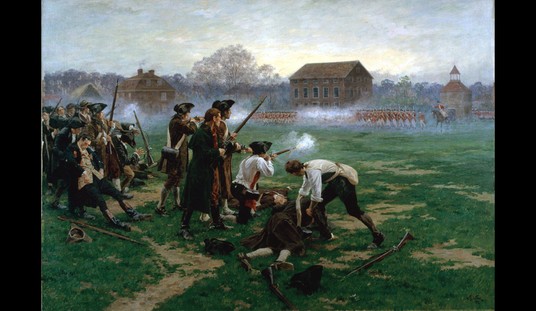

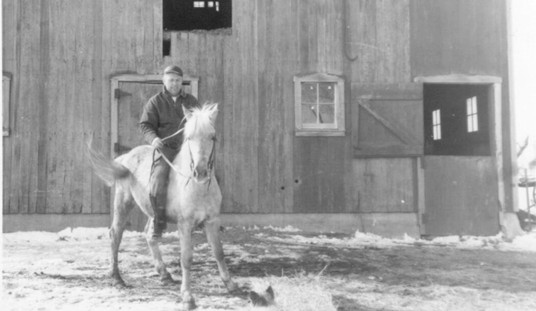
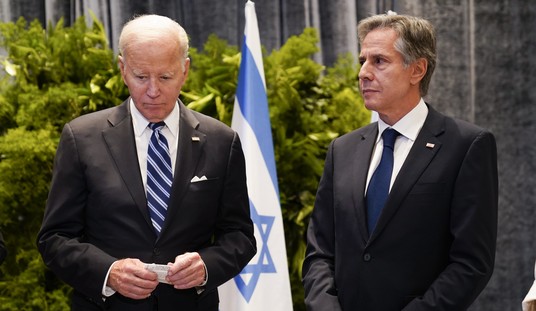

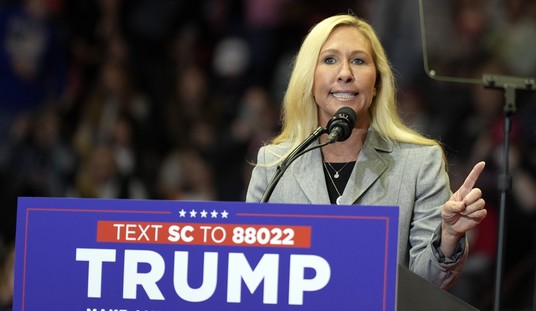

Join the conversation as a VIP Member